An Evolutionary Leftover: Your Ancestors’ Power-Chewers
Wisdom teeth, officially known as third molars, were essential for our early ancestors. Anthropologists believe these teeth were the evolutionary solution for a diet that was much different from ours today.
- A Tougher Diet: Early human diets consisted of coarse, rough foods like roots, nuts, leaves, and tough meats. This required significant chewing power to break down for digestion.
- Bigger Jaws: Our ancestors had larger, more robust jaws to accommodate these extra grinders. The third molars provided crucial support in the back of the mouth, acting as a powerful toolset for a demanding diet.
"As a result, modern human jaws have evolved to be smaller and faces to be flatter than our extinct ancestors' were, because our meals don't require the same big, sharp teeth that theirs did." - Adriadne Letra, 2023
The Modern Dilemma: Smaller Jaws, Softer Foods
As humans evolved, so did our lifestyles and eating habits. The invention of cooking and the use of utensils like forks and knives made our food much softer and easier to eat. Our bodies adapted to this new reality.
This shift led to a significant evolutionary change: our jaws became smaller. While our jaws shrank, our teeth didn't always get the memo. This created a fundamental mismatch; there often isn’t enough room for the third molars to erupt properly.
Because they no longer serve their original function, evolutionary biologists now classify wisdom teeth as
vestigial organs: body parts that have become functionless over time.
What Happens When Wisdom Teeth Don't Fit?
When there isn't enough space in your jaw, wisdom teeth can become trapped, or "impacted," within the jawbone or gum tissue. An impacted tooth can grow at an angle, or even horizontally, leading to a host of problems.
Common issues associated with problematic wisdom teeth include:
- Pain and Discomfort: You may experience tenderness or aching pain in your jaw.
- Infection: Partially erupted teeth create hard-to-clean pockets where bacteria can multiply, leading to painful gum infections. If you're experiencing symptoms of Gingivitis, it's crucial to seek care.
- Crowding and Damage: An impacted tooth can push against the neighboring molar, causing it to shift or become damaged.
- Cavities and Cysts: Because they are so far back in the mouth, wisdom teeth are difficult to clean, making them prone to decay. In some cases, a cyst can form around an impacted tooth, potentially damaging the jawbone.
To Pull or Not to Pull?: Your Personalized Solution
Here’s the most important takeaway:
not everyone needs their wisdom teeth removed.
If your wisdom teeth have erupted fully, are positioned correctly, and you can keep them clean, they may never cause an issue. In fact, some people are born without one or more of their wisdom teeth. About 25% of people today are missing at least one wisdom tooth.
The only way to know for sure what's right for you is through a professional evaluation. An X-ray can confirm if you have wisdom teeth under your gums and determine if they are positioned to cause future problems. Regular checkups and
Teeth cleanings are essential for monitoring them.
If removal is necessary, it is a common and safe procedure. Many people choose to have
Extractions done in their late teens or early twenties to prevent future complications before they start.
Don't Wait for Pain: Get a Clear Answer
Your wisdom teeth are a unique part of your dental story. Whether they're a quiet reminder of our evolutionary past or a potential source of future trouble, understanding their status is key.
If you have questions about your wisdom teeth or are experiencing pain, don't wait. The expert team at Lima Dental Group is here to provide a thorough evaluation and a clear, personalized treatment plan.
Ready to find out where you stand?
Schedule your consultation today and take control of your oral health.

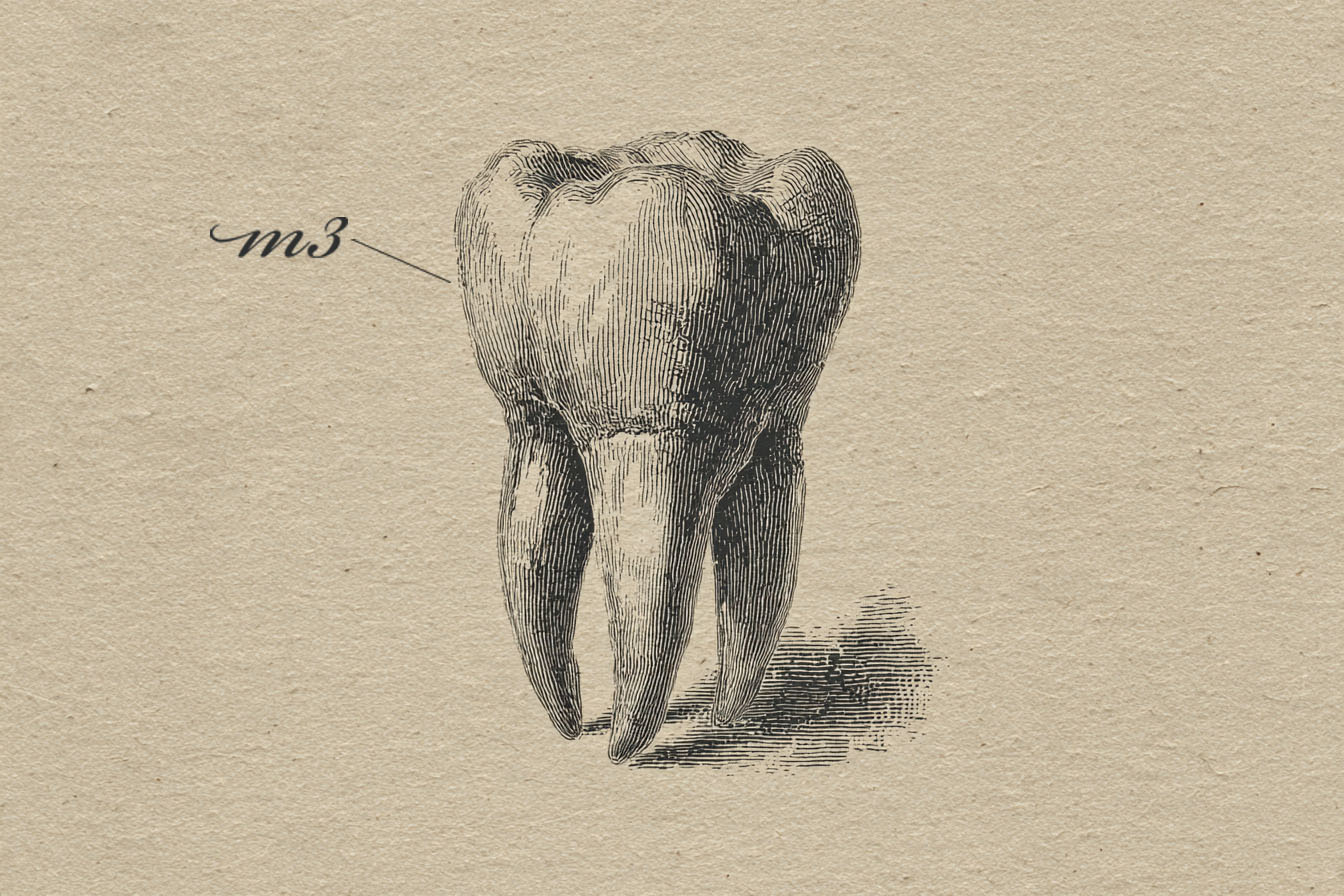

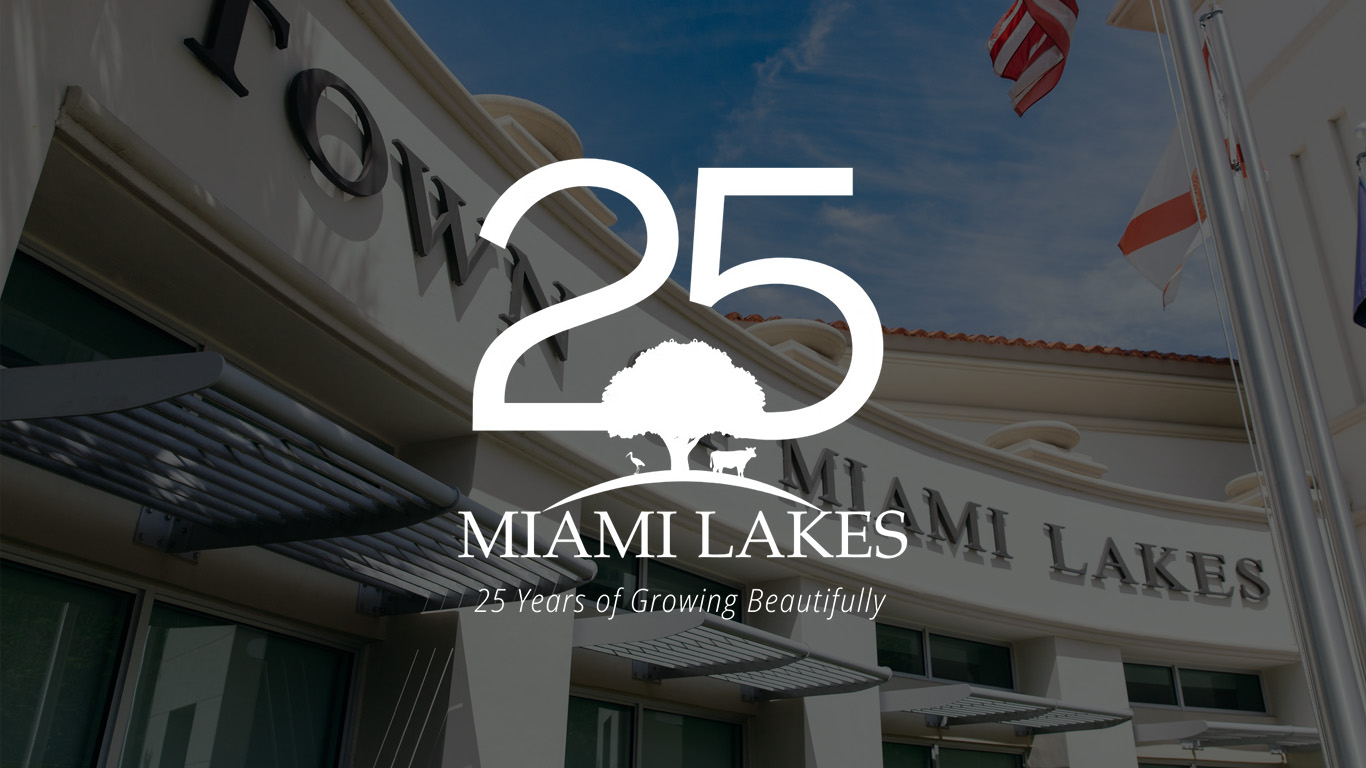
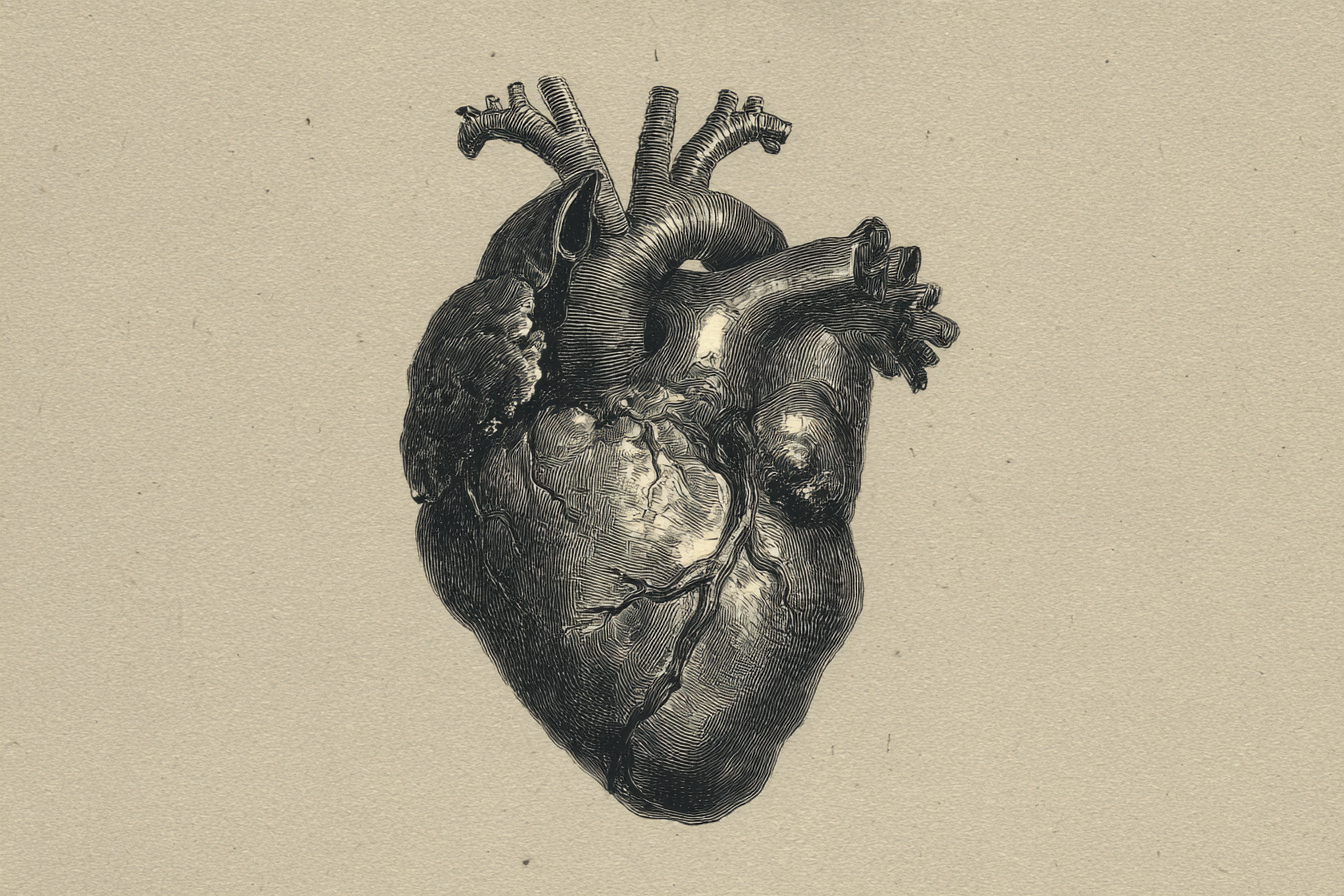
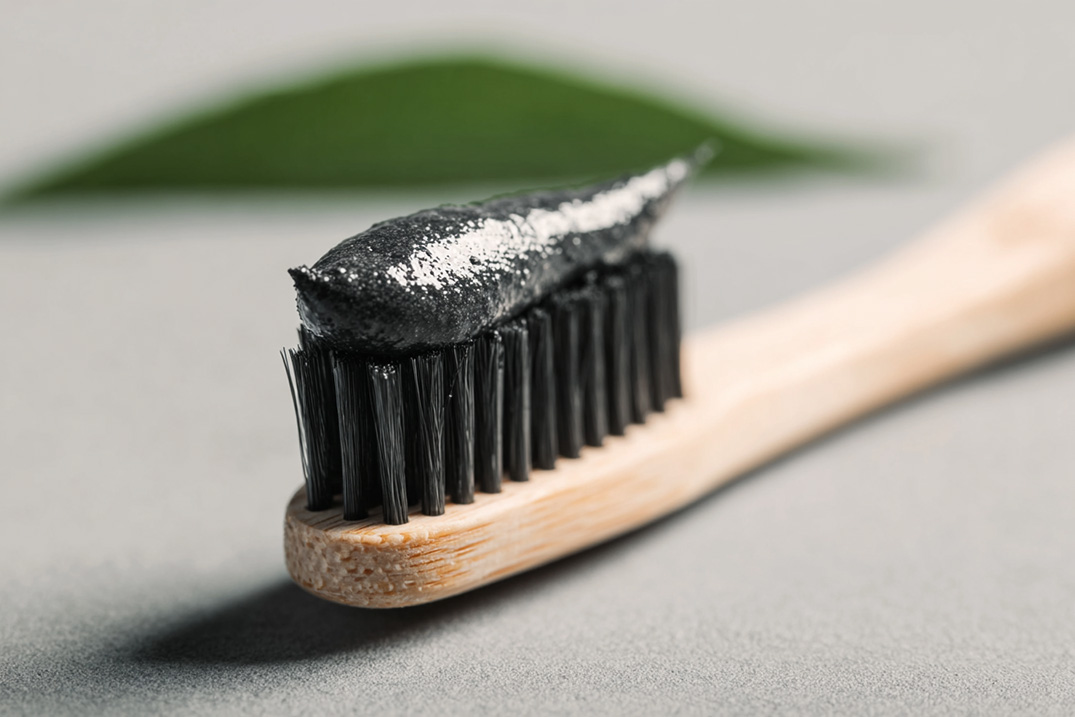
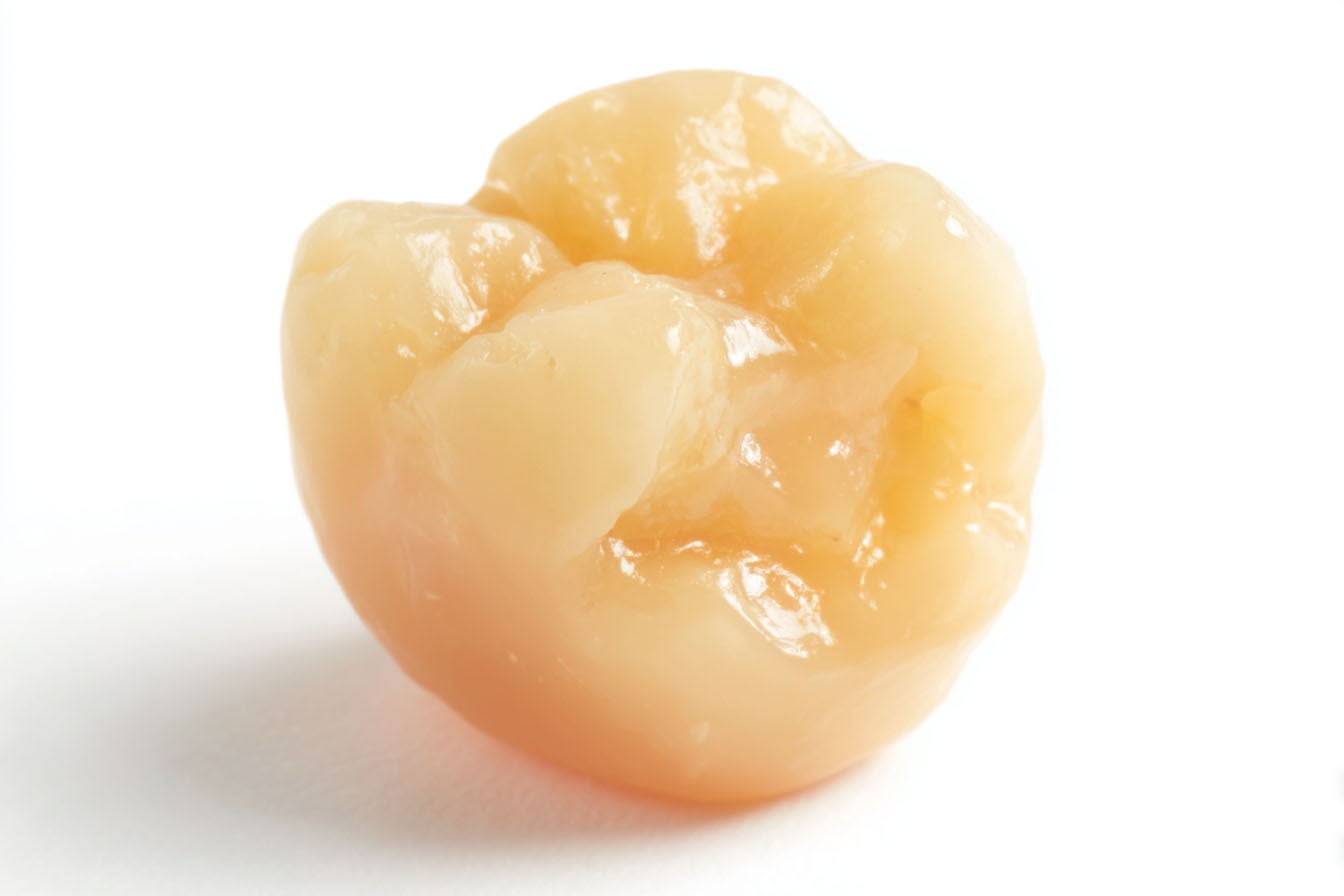
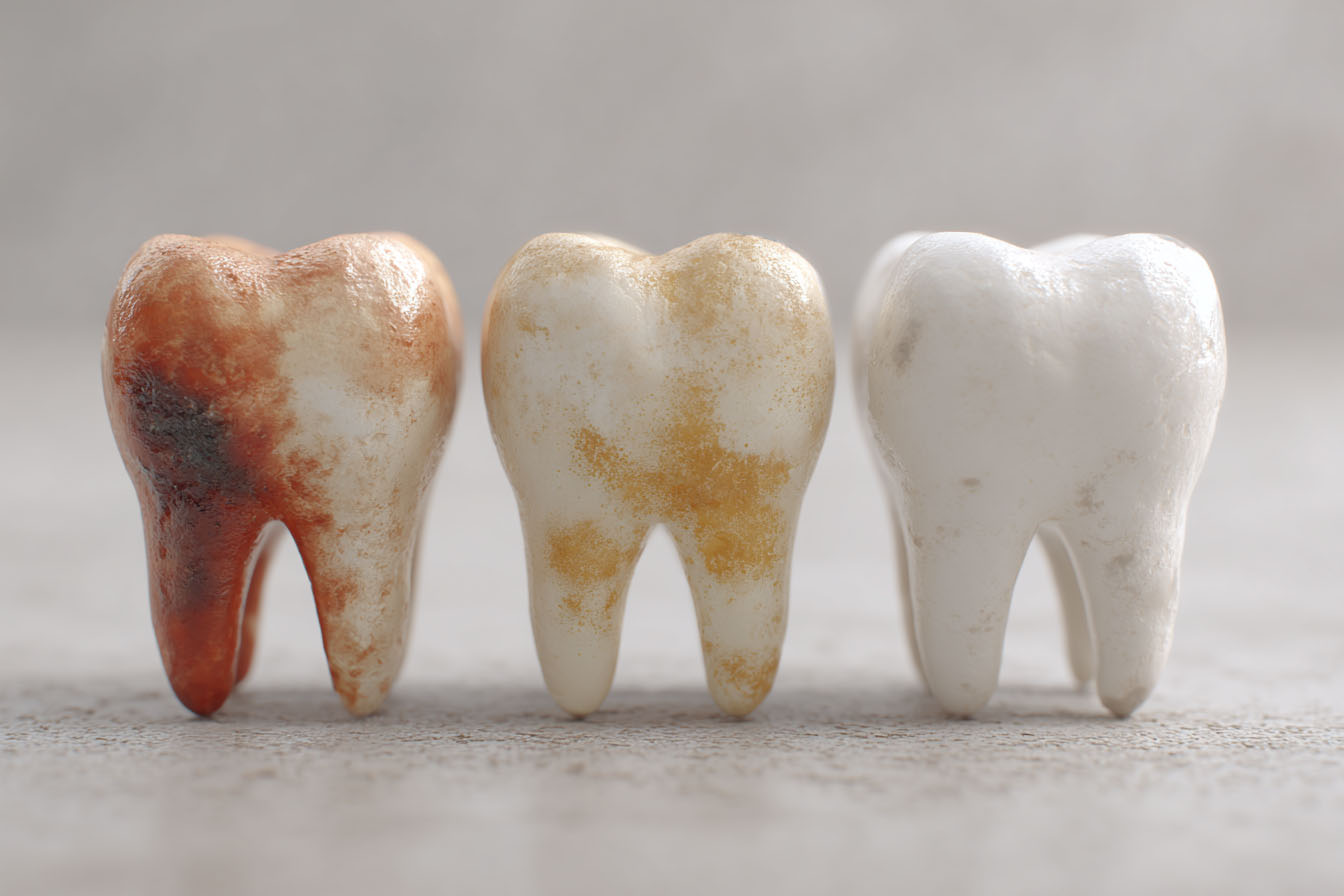

.png)



